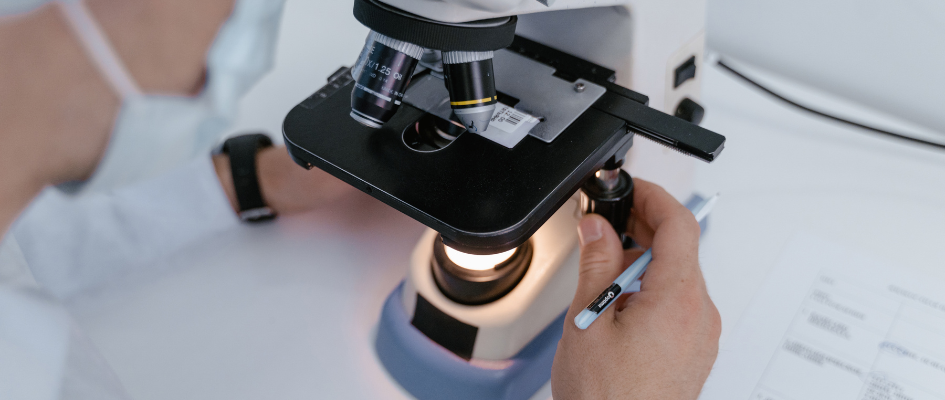To reduce the environmental risk of the disposal of medicines in general waste we encourage you to return unused medicines to the practice for safe disposal:
- Flushing medicines down the sink or toilet can lead to contamination of waterways
- Putting them in the bin at home means they end up in landfill
We can arrange for safe and legal disposal of your unused or out-of-date medications to reduce this risk so please return them to your practice reception.
Responsible Use of Antibiotics
Antibiotic resistance is recognised by WHO as one of the greatest risks to human health, and consequently, animal health.
Antibiotics cannot be prescribed to your pet without being examined by a Veterinary Surgeon and this includes topical products such as ear drops.
It is always important to use the course as directed by your veterinary surgeon and complete the course to the recommended length. Please speak to a member of the team if you have any problems administering the medication.
We may recommend tests to see which antibiotic is most effective for your pet’s condition and to check for antibiotic resistance and this may involve taking a swab to look at the bacteria under a microscope and grow – “culture” – the bacteria to test the antibiotics.

Preventative Healthcare
Preventing disease is a really important way to reduce the environmental impact of healthcare.
Vaccinating your pet against infectious diseases and preventing parasite infections is very important for animal welfare and to prevent illness in your pet. It is also much cheaper and has less environmental impact to prevent a disease than to treat it.
We use risk assessments of your pet’s lifestyle to tailor preventative healthcare to your pet’s needs and recommend regular checkups to monitor their health and weight to detect early signs of disease and prevent the risk of chronic conditions like obesity. Find out more about our preventative healthcare plan, ProActive Pets.
Responsible Use of Parasiticides
Watch our video guide to applying spot-on flea treatment to your dog or video on how to apply spot-on flea treatments for cats.
- Always read the product label and leaflet for correct administration and frequency of use
- If using a topical product, don’t bathe your pet or let them swim for 4 days after application
- Always bin and bag pet poo to help prevent parasites and treatments from spreading in the environment
- Please speak to a member of the team if you have problems applying a treatment – we have a number of options under ProActive Pets
For further information, read the BVA’s Responsible use of parasiticides for cats and dogs: The five point plan.
